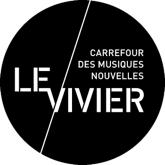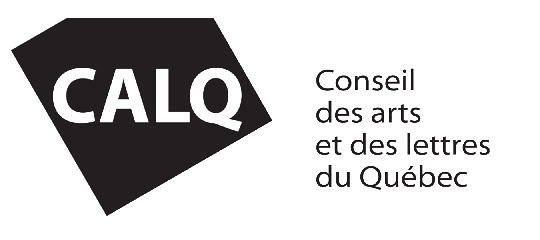Une exploration musicale des grandes ensembles de la musique improvisée au Québec

En mars et avril 2025, j’ai visité Rimouski, Québec et Montréal pour travailler avec les ensembles locaux GGRIL (Rimouski), EMIQ (Québec), Bakarlari et SuperMusique (tous deux à Montréal), et pour explorer le rôle que joue l’improvisation dans le travail de chacun de ces ensembles. L’improvisation sonne-t-elle différemment dans la petite ville de Rimouski par rapport aux grandes villes comme Québec ou Montréal ? Qu’est-ce qui caractérise la signature sonore, le caractère des ensembles, la composition de leurs membres ? Existe-t-il une esthétique dominante ? L’improvisation est-elle une méthode de composition que l’on peut et que l’on doit utiliser de manière différente selon les contextes ? Qu’est-ce qui distingue les ensembles GGRIL, EMIQ, Bakarlari et SuperMusique les uns des autres ?
Les résultats de ce voyage se traduiront par un concert intitulé « Cartografie – Origins », qui sera présenté avec des membres de tous les ensembles mentionnés, le 26 avril 2026 à la Chapelle St. Hilda à Montréal.
deutsch:
eine musikalische Erforschung von großen Ensembles der Improvisierten Musik in Quebec
Im März und April 2025 besuchte ich Rimouski, Quebec und Montreal um mit den dort ansässigen Ensembles GRRIL (Rimouski), EMIQ (Québec), Bakarlari, SuperMusique (beide Montréal) zu arbeiten und zu erfahren, welche Rolle die Improvisation in der Arbeit der Ensembles spielt. Klingt Improvisation in der kleineren Stadt Rimouski anders als in den Großstädten Québec oder Montréal? Was macht den Charakter, die Klangsignatur der Ensembles aus, die Zusammensetzung der Spielenden? Gibt es eine vorherrschende Ästhetik? Ist Improvisation eine Methode der Komposition, die man unterschiedlich einsetzen kann und darf? Was unterscheidet die Ensembles GGRIL, EMIQ, Bakarlari und SuperMusique von einander?
Die Ergebnisse meiner Reise fließen in ein Konzert, das mit Mitgliedern aus allen genannten Ensembles in der Chapelle St.Hilda, in Montreal, am 26 April 2026, unter dem Titel „Cartografie – Origins“ aufgeführt wird.
Im Blog findet Ihr Interviews mit Musiker*innen aus den Ensembles
Ce programme de résidence est rendu possible grâce à la collaboration de HELLERAU — European Centre for the Arts à Dresden, Goethe-Institut Montréal, Le Vivier — Carrefour des musiques nouvelles à Montréal et l’Antenne du Québec à Berlin; et est produit à Montréal par Productions SuperMusique, à Rimouski par Tour de bras et à Québec par Musique pas d’air.




Dieses Residenzprogramm wird ermöglicht durch die Zusammenarbeit von HELLERAU – Europäisches Zentrum der Künste in Dresden, dem Goethe-Institut Montréal, Le Vivier – Zentrum für Neue Musik in Montréal sowie der Vertretung von Québec in Berlin; und wird in Montréal von Productions SuperMusique, in Rimouski von Tour de Bras und in Québec von Musique pas d’air organisiert.